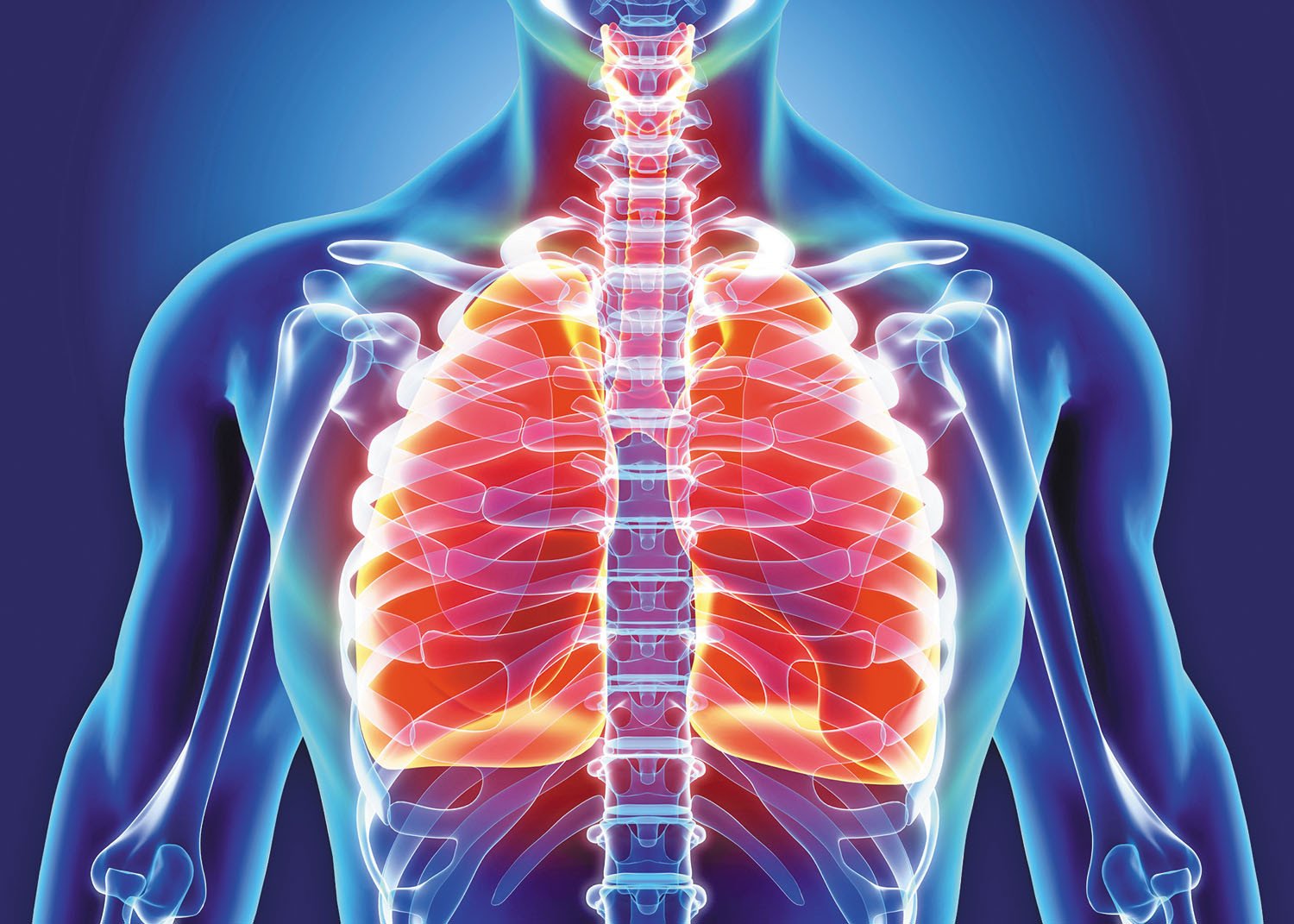
When you visit a doctor and they tell you that you have “acute bronchitis,” it might sound confusing—especially if they write something like J20 9 G in your medical record. What does this code mean? Why is it important? And what should you do next?
In this easy-to-read and helpful article, we’ll explain everything you need to know about J20 9 G, also known as acute bronchitis, unspecified. We’ll cover what it is, what causes it, who gets it, how it’s treated, how you can feel better, and how to keep it from coming back. This article is designed to be very beginner-friendly, written in simple language that anyone can understand.
Let’s dive in and learn everything about this common illness.
What Does J20 9 G Mean?
J20 9 G is a code used in the ICD-10 system, which is short for the International Classification of Diseases, 10th Revision. This system is used all over the world by doctors, hospitals, insurance companies, and researchers. It helps them organize and understand different diseases and health conditions.
In this code:
- J20 stands for acute bronchitis. That means a quick, short-term infection or irritation in the lungs’ airways.
- .9 means it’s “unspecified.” This means the doctor knows you have acute bronchitis, but they don’t yet know what exactly caused it—like whether it was a virus, bacteria, or something else.
- The letter G is sometimes added by specific health systems or insurers to provide more detail about the diagnosis, treatment setting, or reporting guidelines.
Together, J20 9 G is used to refer to acute bronchitis (unspecified cause) in medical files or billing reports.
What is Acute Bronchitis?
Acute bronchitis is a temporary infection or inflammation of the bronchial tubes—the airways that carry air to your lungs. These tubes get swollen, and your body starts producing more mucus, which makes you cough.
Unlike chronic bronchitis, which lasts a long time and is often caused by smoking or pollution, acute bronchitis is short-term and usually goes away within a few weeks. It is often caused by viruses, such as those that cause colds or the flu.
When doctors use the code J20 9 G, they mean that you have this short-term lung condition, but they’re not yet sure exactly what caused it.
What Causes Acute Bronchitis?
Acute bronchitis usually starts after you’ve had a cold or the flu. In most cases, it is caused by viruses, not bacteria. That means antibiotics usually do not help because they don’t kill viruses.
Some common causes include:
- Influenza virus (the flu)
- Rhinovirus (the common cold)
- Coronavirus (not just COVID-19 but also other coronaviruses)
- Adenovirus and respiratory syncytial virus (RSV), especially in children
In some cases, bacteria like Mycoplasma pneumoniae, Chlamydia pneumoniae, or Bordetella pertussis can also cause bronchitis. However, this is less common.
Other triggers that can lead to acute bronchitis include:
- Breathing in smoke, fumes, or dust
- Exposure to pollution or chemicals
- Allergens like pollen or pet dander
- Sudden changes in temperature or cold air
Doctors will use the J20 9 G code if they know you have acute bronchitis, but they haven’t yet identified the specific virus, bacteria, or environmental factor that caused it.
Who Is at Risk for Acute Bronchitis?
Acute bronchitis can affect people of all ages, but some groups are more likely to get it. These include:
- Young children, especially those in daycare or school
- Older adults, particularly those with weak immune systems
- Smokers and people who have been exposed to secondhand smoke
- People with asthma or other chronic lung diseases like COPD
- Individuals with weakened immune systems due to illness or medication
If someone has had a recent cold or flu, they are more likely to develop acute bronchitis. Cold weather or sudden weather changes can also make some people more vulnerable.
Symptoms of Acute Bronchitis
The main symptom of acute bronchitis is a cough. This cough might be dry at first, but over time it often produces mucus, which may be clear, white, yellow, or green.
Other common symptoms include:
- Sore throat
- Runny or stuffy nose
- Fatigue or feeling tired
- Mild fever and chills
- Chest tightness or discomfort
- Wheezing or a whistling sound while breathing
- Shortness of breath, especially after activity
These symptoms usually begin after a cold or flu. The cough may last for up to three weeks, even after other symptoms go away.
If the cough continues for more than three or four weeks, or if it gets worse instead of better, it may be a sign of another problem, like pneumonia or asthma. In those cases, it’s important to talk to a doctor.
How is Acute Bronchitis Diagnosed?
Doctors diagnose acute bronchitis mostly by asking questions about your symptoms and listening to your lungs with a stethoscope.
They may ask:
- How long have you been coughing?
- Are you coughing up mucus? What color is it?
- Do you have a fever?
- Do you feel short of breath or tired?
In most cases, no tests are needed. But if your symptoms are unusual, or if the doctor wants to make sure you don’t have pneumonia, they may order tests such as:
- A chest X-ray
- A nasal swab to test for viruses
- A sputum test (a sample of the mucus you cough up)
- Blood tests in rare cases
Once diagnosed, your doctor may use the J20 9 G code in your medical record or on insurance forms to show that you have acute bronchitis of an unknown cause.
How is Acute Bronchitis Treated?
Most people with acute bronchitis get better without special treatment. Because it is usually caused by a virus, antibiotics do not work and are not recommended.
The main treatment goal is to relieve your symptoms and help your body heal.
Common Treatments Include:
- Rest. Your body needs energy to fight the infection. Get plenty of sleep and avoid stress.
- Fluids. Drink lots of water to help thin the mucus in your lungs and keep your throat moist.
- Pain relievers. Medications like acetaminophen (Tylenol) or ibuprofen (Advil) can help reduce fever and body aches.
- Cough medicines. Some people find relief from cough syrups or throat lozenges, but these should only be used as recommended. Coughing helps clear mucus, so it’s not always a good idea to stop it completely.
- Inhalers. If you have wheezing or asthma-like symptoms, your doctor may prescribe an inhaler to help you breathe easier.
- Steam. Taking a warm shower or breathing in steam can help loosen mucus and ease coughing.
Antibiotics are only used if the doctor thinks a bacterial infection is present. This is rare in most cases of J20 9 G, but possible in people with weak immune systems or severe symptoms.
How Long Does Acute Bronchitis Last?
Acute bronchitis usually lasts between 7 to 21 days. The first few days are often the hardest, with cough, mucus, and tiredness being the most noticeable symptoms.
Even after you feel better, the cough may stick around for a few more days or even weeks. This lingering cough is normal and doesn’t mean the infection is still active.
If your symptoms last more than four weeks, or if they get worse instead of better, it’s important to go back to your doctor. You may need more testing to check for other problems like asthma, chronic bronchitis, or pneumonia.
Is Acute Bronchitis Contagious?
Yes, it can be. Since most cases of acute bronchitis are caused by viruses, they can spread from person to person—just like the cold or flu.
You can catch the virus by:
- Being near someone who is coughing or sneezing
- Touching something that has the virus on it (like a doorknob or phone)
- Not washing your hands after being in public places
To avoid spreading the illness, it’s a good idea to:
- Cover your mouth when coughing or sneezing
- Wash your hands often
- Avoid sharing drinks or utensils
- Stay home when you’re sick
How Can You Prevent Acute Bronchitis?
The best way to prevent acute bronchitis is to avoid getting sick in the first place. Here are some helpful tips:
Wash your hands often, especially after being in public places or around people who are sick. Get a flu shot every year to protect yourself from viruses that can lead to bronchitis. Avoid smoking and stay away from secondhand smoke. Smoking damages your lungs and makes it easier to get infections. If you have asthma or allergies, follow your treatment plan to keep your airways healthy and less likely to get infected. Try to avoid very polluted air, strong fumes, or dust whenever possible.
If you’ve had bronchitis before, taking extra care during cold and flu season can help prevent it from coming back.
When to See a Doctor
Most cases of acute bronchitis get better on their own. But sometimes, it’s important to go to the doctor. You should seek medical help if you:
- Have a cough that lasts more than three weeks
- Have a high fever or a fever that doesn’t go away
- Feel very short of breath or have trouble breathing
- Cough up blood
- Feel weak, tired, or dizzy
- Have a medical condition like asthma, COPD, or heart disease
Your doctor can check for more serious problems and help you get the care you need.
Why the J20 9 G Code Matters
While it may seem like just a few letters and numbers, the J20 9 G code is actually very useful. It helps healthcare workers:
- Keep accurate medical records
- Share your diagnosis with other doctors
- Bill insurance companies properly
- Track illnesses in large groups of people for research
For example, if many patients are suddenly being diagnosed with J20 9 G in one area, public health officials might investigate to see if a virus is spreading.
Conclusion
Acute bronchitis is a common illness, and most people recover fully with rest, fluids, and time. The code J20 9 G helps doctors, hospitals, and insurance companies keep track of this illness in a standardized way.
While bronchitis can be uncomfortable and annoying, especially with a lingering cough, it’s usually not serious. By understanding what it is, how it’s treated, and how to prevent it, you can take better care of yourself and your family.
If you ever feel unsure about your symptoms or need help getting better, don’t hesitate to talk to a doctor. And remember: staying healthy starts with simple habits—like hand washing, rest, and listening to your body.
FAQs
Q: What does J20 9 G mean in medical terms?
A: J20 9 G is a code for acute bronchitis of an unspecified cause, used by doctors to classify and track the condition.
Q: Is J20 9 G a serious illness?
A: Usually, no. It’s a short-term chest infection that often gets better in 1 to 3 weeks without serious problems.
Q: What causes J20 9 G acute bronchitis?
A: Most cases are caused by viruses, such as cold or flu viruses, but sometimes it’s triggered by irritants like smoke or dust.
Q: Do I need antibiotics for J20 9 G?
A: Not usually. Since it’s mostly viral, antibiotics are not effective unless a doctor finds a bacterial infection.
Q: How long does J20 9 G last?
A: Symptoms often last from a few days to three weeks, but the cough can linger a little longer.
Q: Can J20 9 G be spread to others?
A: Yes, especially if it’s caused by a virus. It spreads through coughing, sneezing, or touching shared surfaces.
Q: When should I see a doctor for J20 9 G?
A: If your cough lasts more than 3 weeks, you have a high fever, or trouble breathing, it’s best to consult a doctor.
Healthy Lifestyle: The Ultimate Guide to Living Your Best Life

Hi there! I’m the admin of Celeb Vibe, a platform where I share engaging and easy-to-read blogs on a wide range of topics. From celebrity news to lifestyle tips, tech trends, and more – my goal is to keep you informed and entertained.




